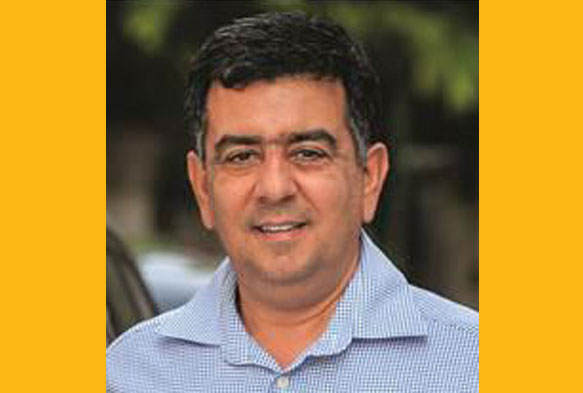
Autocar India’s Hormazd Sorabjee On ‘Is India Ready For Electric Vehicles?’
Countries like Norway are seeing a 50 per cent adoption of electric cars. There are targets to reduce carbon dioxide
and the best way to do that is to move away from internal combustion and to look at alternative sources. Electric cars have gathered momentum around the world but not so much in India.
What are the challenges of the electric car? 1. The cost of the batteries. Battery cost (lithium-ion) is high, and we import the cell so that attracts a certain number of duties and, as it is, the material is quite expensive. 2. The range is a big challenge, I would say the number one challenge… It may be fine in the city because you never do more than 200 km in a couple of days. EVs work best in the city where you have access to the plug.
3. The charging infrastructure in India is still in its infancy. In the city, most EV owners will have a charging box at home or in the office, so they are okay. But if you take it out of town and you don’t have charging infrastructure, you can get stuck. You can’t even push it because its motors will be completely locked up. You will have to put it on a truck and take it.
EVs are still very expensive in India. They are for people who can use it as their second car, for people who don’t travel too much out of town or don’t travel out of town at all. It is good for city runs.
We need to be practical; it is not going to happen as fast as the rest of the world. People are talking about big numbers like 10 per cent by 2025 but I don’t see that happening because we know manufacturers’ plans and there is no product by then.
To wrap up, we have driven EVs all over the country; we have to, it is part of our job. In the city, it is absolutely fantastic, it makes immense sense and the whole issue of infrastructure works to your benefit because you never have to queue up at fuel stations. You can just charge it at home overnight. A lot of companies give you the fast charger. So, within six hours, it can go from zero to 100 which is great and it is good for driving a couple of days in the city.
EVs are so easy to drive, there are no jerks, no vibrations, no hesitations, no delay, it’s automatic transmission. It is quiet, it is refined, it is a low-stress driving experience. It goes beyond the environmental benefits and even the cost benefit. It does not have a big impact on your electricity bill, so you are practically running it for free.
TO WATCH THE TALK, CLICK HERE
TO READ ITS FULL TRANSCRIPT INCLUDING THE MANY QUESTIONS OUR ROTARIANS ASKED, CLICK HERE
